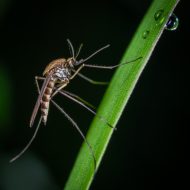Equine Encephalitis
The equine encephalitis viruses are spread by mosquitos. The viruses can cause very bad swelling of the brain (encephalitis) in horses and humans. People over age 50 and under age 15 have a greater risk of getting very sick.
Overview
How is Equine Encephalitis spread?
- Through the bite of an infected* mosquito that feeds on both mammals and birds.
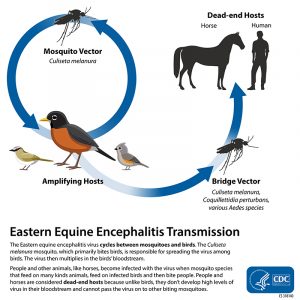
Symptoms in humans:
- Fever (when your body gets a little hotter than normal)
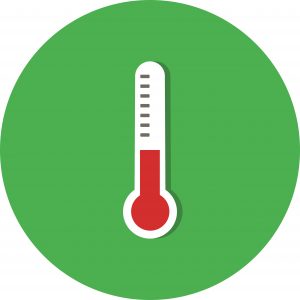
- Chills (feeling of being cold and shivering)
- Body and joint pain
- Throwing up
- Diarrhea (runny poop)
- Changes in behavior
- Infection* can turn into very bad encephalitis
- Headache
- Feeling confused
- Shaking
- Seizures*
- Not being able to move arms or legs
- Permanent brain damage, coma or death can happen in some cases.
Symptoms in animals:
Equine encephalitis mostly causes disease in equine species such as horses, mules, donkeys, and zebras, but infection* has also been found in other animals such as pigs, llamas, bats, reptiles, amphibians, and rodents. Some birds can have the Equine encephalitis virus and not show any signs of being sick, but other birds like pheasants, emus, whooping cranes, and partridges can be very sick or die if they get the virus.
- Fever (when the animal’s body gets a little hotter than normal)

- Feeling very sad
- Changes in behavior
- Not being able to see well
- Muscle twitches
- Circling or head pressing behaviors
- Not being able to swallow
- Not being able to move arms or legs
- Seizures*
What can I do to keep my animals healthy?
- Vaccines* are available for horses to protect them from infection.
- Call your vet to talk about vaccines.
- Remove anything that will bring mosquitoes around your home. For example, emptying standing water from pots, buckets, barrels, and other containers.
- Change water every few days in troughs or buckets so mosquitos can’t lay their eggs.
What can I do to stay healthy?
Protect yourself and your family from mosquito bites
- Use insect repellents* while hiking, camping, hunting, or being outside. Ask an adult to help you with insect repellent*.
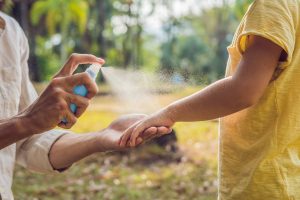
- Wear long pants, long sleeves, and long socks when outside.
- Treat your clothes, gear (boots, tents, backpacks or camping gear), or any outdoor equipment with insect repellent*.
- Use screens on windows and doors to keep mosquitos outside.
- Remove anything that will bring mosquitoes into your home. For example, emptying standing water from pots, buckets, barrels, and other containers.
What to do when traveling overseas
- Use insect repellents* while hiking, camping, hunting, or being outside. Ask an adult to help you with insect repellent*.
- Wear long pants, long sleeves, and long socks when outside.
- Treat your clothes, gear (boots, tents, backpacks or camping gear), or any outdoor equipment with insect repellent*.
- Choose a hotel or place to stay that has air conditioning or windows and doors with screens to keep mosquitos outside.
- Use mosquito nets when sleeping outside or if you are staying in a room with no screens on windows or doors.
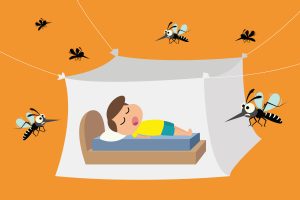
*Definitions:
- Infected: When germs get inside of a body, animal, or an organism.
- Infections: When germs enter your body and begin to increase.
- Insect Repellent: Product applied to skin, clothing or surfaces to keep insects away.
- Seizures: Abnormal electrical activity in the brain, which can usually cause shaking all over and losing control of your body.
- Vaccines: Shots given to humans and animals to keep them healthy and safe.
Species Affected
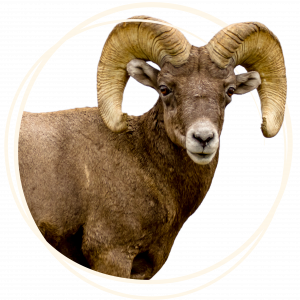
Learn About Other Diseases
Click below to learn more about the many different diseases that can spread between animals and humans.
Diseases